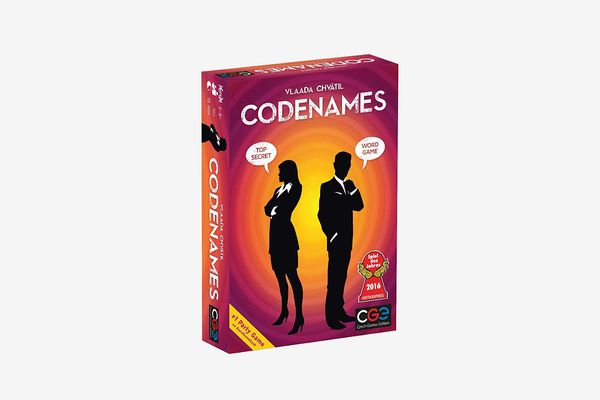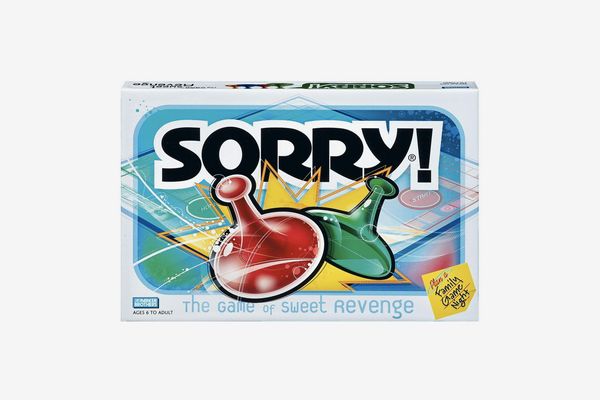The Ultimate Guide to Choosing the Best Board Games for Kids
The Ultimate Guide to Choosing the Best Board Games for Kids
Blog Article
Engaging and Educational: The Best Board Games Every Kid Will Love
Board games have long been a preference of household amusement, providing options for social connection, proper thinking, and creativity. With numerous solutions, choosing the best kids games could be a daunting task. This information traces essential facets to consider when choosing the very best board games to make sure both enjoyment and developing benefits.

Era Appropriateness
One of the first criteria when selecting a board game is the age of the kids who is likely to be playing. Board games tend to be designed with certain age brackets at heart, taking into account the cognitive and cultural skills typical of the ages. Search for era tips on the appearance or solution explanation to make sure that the game fits your child's developing stage. Games created for younger children often feature easier principles and faster playtimes, while those for older kids might include more technical techniques and longer durations.
Instructional Value
Many board games present instructional benefits, helping kiddies develop important skills whilst having fun. When selecting a game title, contemplate what abilities it promotes—be it critical thinking, arithmetic, reading, or cultural interaction. Games that include counting, punctuation, or technique can strengthen class learning in a playful environment. Parents and educators often recognize activities that blend amusement with learning, creating them a good choice for equally playtime and educational reinforcement.
Party Measurement and Conversation
Board games differ considerably when it comes to the number of people they accommodate. Some games are made for 2 participants, while the others may involve big groups. Contemplate the normal playgroup measurement when choosing a game. In the event that you usually variety events or household game nights, try to find games that could provide more participants to encourage interaction and teamwork. Additionally, assess the degree of cooperation versus opposition within the game. Supportive games, where people come together toward a common aim, can foster teamwork and connection skills, while aggressive activities can train balanced competition.
Play and Difficulty
The duration of gameplay may somewhat impact your family's enjoyment. Some children have shorter attention spans, creating rapid activities more desirable, while the others may possibly thrive in lengthier, more immersive experiences. Determine the common playtime suggested on the box and contemplate your youngsters' preferences. Complexity is another crucial component; young kids may take advantage of simpler principles, while older children might enjoy the process of more complicated mechanics.
Subjects and Pursuits
Young ones tend to be attracted to games that arrange making use of their interests, whether that is fantasy, adventure, or history. Selecting a game title with a theme that resonates with your son or daughter may increase their engagement and enjoyment. Search through the game's components, artwork, and storyline to make certain it captures their imagination.

Realization
Choosing the best board games for kids requires a careful factor of age appropriateness, academic price, party dynamics, playtime, difficulty, and particular interests. By keeping these factors in your mind, you can select activities that not just entertain but also donate to your child's growth and foster beloved family memories. With the best board games , household game evenings can become a well liked tradition filled up with laughter and learning. Report this page